Are there political dimensions to open source software and hardware? Americans might be surprised to see such a question, given Washington’s almost complete indifference to the dramatic rise of these approaches to technology development. But that’s not the case in …
Since May of 2019, standards setting organizations (SSOs) and U.S. companies have been struggling with the blowback from the decision by the U.S. Department of Commerce (DoC) to add Huawei and scores of its affiliated companies to the “Entity List” …
Of the fundamental structural questions that drive discussions within the open source community, two that continually spur fervent debate are (a) whether software code should be contributed under a Contributor License Agreement (“CLA”) or a Developer Certificate of Origin (“DCO”), …
The long face-off between the Trump administration and Huawei involving standards development has finally been resolved. Well, yes and no, on which more below.
Initially the issue was whether standards setting organizations (“SSOs”) would be able to permit the Chinese …
The first assertion of liberty in the U.S. Declaration of Independence reads as follows:
We hold these truths to be self-evident, that all men are created equal, that they are endowed by their Creator with certain unalienable Rights, that among …
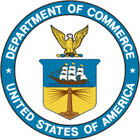 Regular readers will know that the addition of Huawei and scores of its subsidiaries to the U.S. Bureau of Industry and Security Entity List last May has had a serious impact on standards setting organizations (SSOs). Specifically, the related …
Regular readers will know that the addition of Huawei and scores of its subsidiaries to the U.S. Bureau of Industry and Security Entity List last May has had a serious impact on standards setting organizations (SSOs). Specifically, the related …
 A few weeks ago it seemed likely that the US Department of Commerce, Bureau of Industry and Security (“BIS”), would issue new guidance that might free standards setting organizations (SSOs) from the difficult position they have found themselves in for …
A few weeks ago it seemed likely that the US Department of Commerce, Bureau of Industry and Security (“BIS”), would issue new guidance that might free standards setting organizations (SSOs) from the difficult position they have found themselves in for …
 It’s well recognized by courts and regulators in many countries that standard setting among competitors can be procompetitive and good for consumers. As noted by the 5th Circuit Court in 1988, “it has long been recognized that the establishment and …
It’s well recognized by courts and regulators in many countries that standard setting among competitors can be procompetitive and good for consumers. As noted by the 5th Circuit Court in 1988, “it has long been recognized that the establishment and …
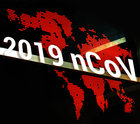 As the world goes into social lock-down to prevent further spread of the COVID-19 virus, many conferences, face-to-face meetings, and other in-person gatherings are being cancelled or postponed. While the mass cancellations are disappointing and disruptive for everyone involved, they …
As the world goes into social lock-down to prevent further spread of the COVID-19 virus, many conferences, face-to-face meetings, and other in-person gatherings are being cancelled or postponed. While the mass cancellations are disappointing and disruptive for everyone involved, they …
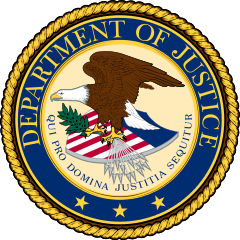
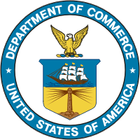

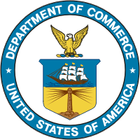
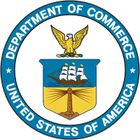
 Regular readers will know that the addition of Huawei and scores of its subsidiaries to the U.S. Bureau of Industry and Security Entity List last May has had a
Regular readers will know that the addition of Huawei and scores of its subsidiaries to the U.S. Bureau of Industry and Security Entity List last May has had a  A few weeks ago it seemed likely that the US Department of Commerce, Bureau of Industry and Security (“BIS”), would issue new guidance that might free standards setting organizations (SSOs) from the difficult position they have found themselves in for …
A few weeks ago it seemed likely that the US Department of Commerce, Bureau of Industry and Security (“BIS”), would issue new guidance that might free standards setting organizations (SSOs) from the difficult position they have found themselves in for … It’s well recognized by courts and regulators in many countries that standard setting among competitors can be procompetitive and good for consumers. As noted by the 5th Circuit Court in 1988, “it has long been recognized that the establishment and …
It’s well recognized by courts and regulators in many countries that standard setting among competitors can be procompetitive and good for consumers. As noted by the 5th Circuit Court in 1988, “it has long been recognized that the establishment and … As the world goes into social lock-down to prevent further spread of the COVID-19 virus, many conferences, face-to-face meetings, and other in-person gatherings are being cancelled or postponed. While the mass cancellations are disappointing and disruptive for everyone involved, they …
As the world goes into social lock-down to prevent further spread of the COVID-19 virus, many conferences, face-to-face meetings, and other in-person gatherings are being cancelled or postponed. While the mass cancellations are disappointing and disruptive for everyone involved, they …